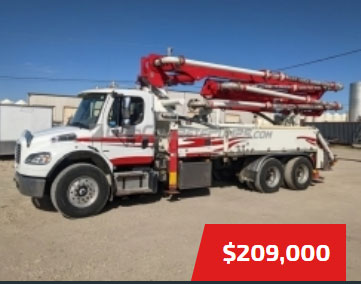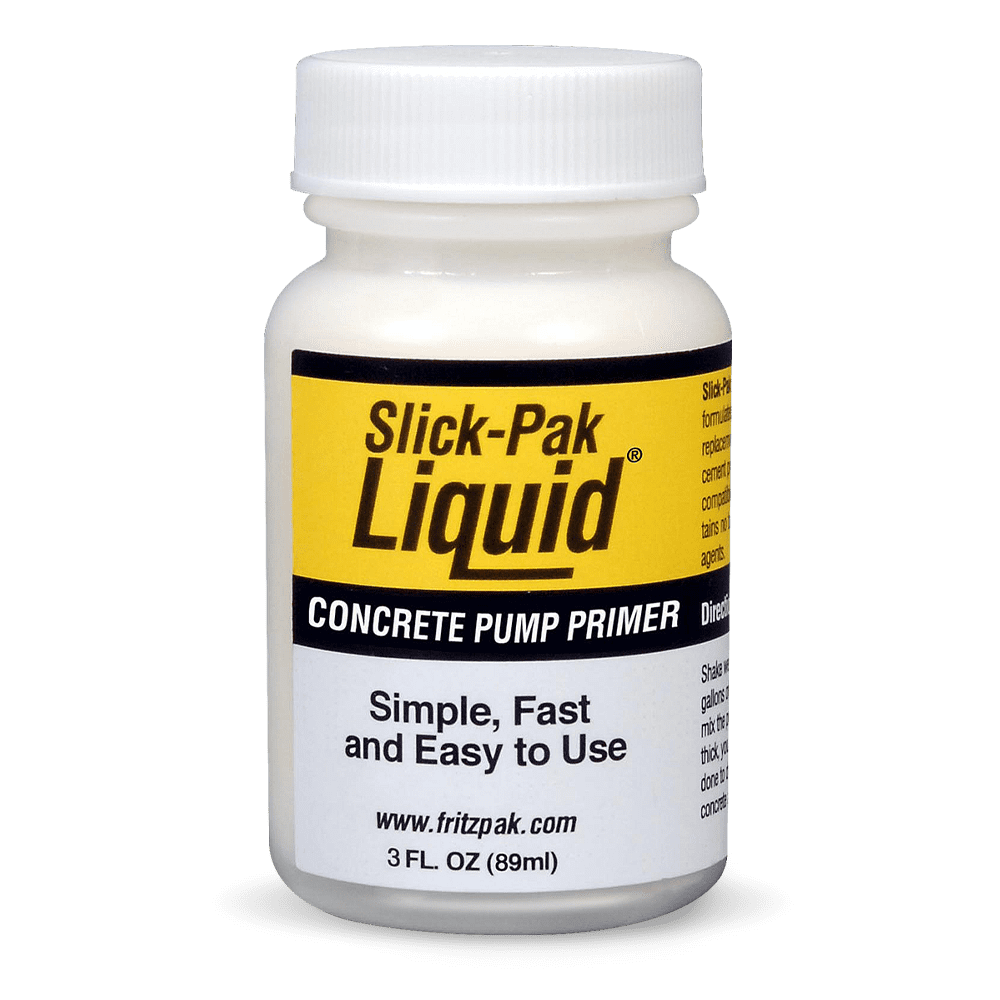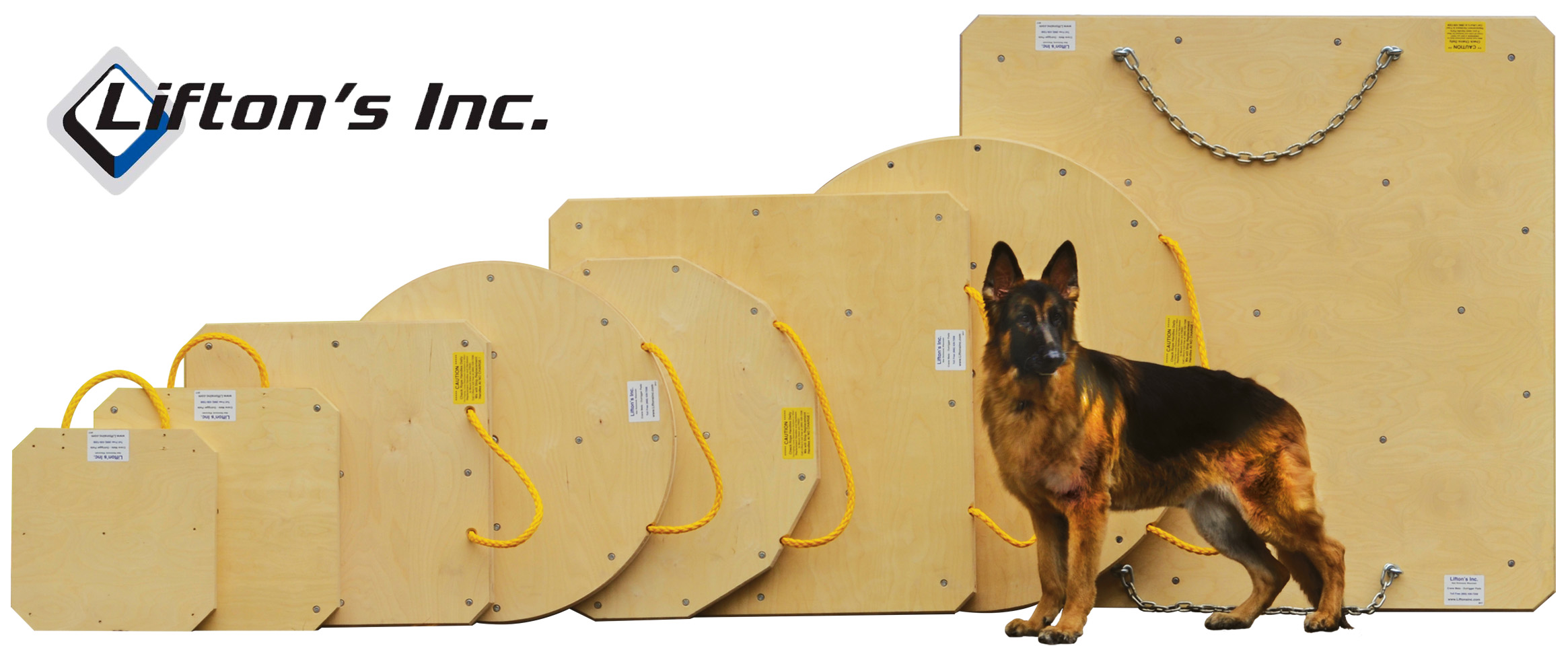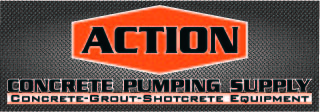| Todd | 05-20-2024 | comment profile send pm notify |
|
Water pressure is available because the water pump turns and throws water at the outlet. It's not like a hydraulic pump in that it can run against a closed hose nozzle (for example) without over-pressurizing and causing a blowout. It has a pressure relief valve, which is what sets the water pressure maximum. Slow or internally-bleeding hydraulic motor or circuit will cause your symptoms; so will a pressure relief valve on the water side malfunctioning or sticking open. Start with the cheap and easy: • I don't have the schematic, but if there are any other devices on the same oil circuit, see if they're running at the correct speed. (Could be the agitator is on the same circuit.) If any other circuit components work as expected, you can eliminate the hydraulic pump and controls from the cause. If they don't, then the pump and hydraulic system become the prime suspect. If the hydraulics work as expected, then go to the next step. • Try raising the pressure of the water relief valve (typically a brass colored device near the water pump with a T handle and a set screw on the shaft.) If it doesn't help, turn it back down to where it was. • Make sure no valve is half-engaged (which would also cause heat). If all that seems good, then your water pump could be worn out. Only replacing it would say for sure. I hope this helps. Mechanics; if I forgot something, bring it up. I may have advanced CRAFT disease. (Can't Remember A F'ing Thing.) |
||
| Todd | 05-20-2024 | reply profile send pm notify |
|
Water pressure is available because the water pump turns and throws water at the outlet. It's not like a hydraulic pump in that it can run against a closed hose nozzle (for example) without over-pressurizing and causing a blowout. It has a pressure relief valve, which is what sets the water pressure maximum. Slow or internally-bleeding hydraulic motor or circuit will cause your symptoms; so will a pressure relief valve on the water side malfunctioning or sticking open. Start with the cheap and easy: • I don't have the schematic, but if there are any other devices on the same oil circuit, see if they're running at the correct speed. (Could be the agitator is on the same circuit.) If any other circuit components work as expected, you can eliminate the hydraulic pump and controls from the cause. If they don't, then the pump and hydraulic system become the prime suspect. If the hydraulics work as expected, then go to the next step. • Try raising the pressure of the water relief valve (typically a brass colored device near the water pump with a T handle and a set screw on the shaft.) If it doesn't help, turn it back down to where it was. • Make sure no valve is half-engaged (which would also cause heat). If all that seems good, then your water pump could be worn out. Only replacing it would say for sure. I hope this helps. Mechanics; if I forgot something, bring it up. I may have advanced CRAFT disease. (Can't Remember A F'ing Thing.) |
||
| rightangledevelopers | 05-20-2024 | reply profile send pm notify |
|
Water pressure is available because the water pump turns and throws water at the outlet. It's not like a hydraulic pump in that it can run against a closed hose nozzle (for example) without over-pressurizing and causing a blowout. It has a pressure relief valve, which is what sets the water pressure maximum. Slow or internally-bleeding hydraulic motor or circuit will cause your symptoms; so will a pressure relief valve on the water side malfunctioning or sticking open. Start with the cheap and easy: • I don't have the schematic, but if there are any other devices on the same oil circuit, see if they're running at the correct speed. (Could be the agitator is on the same circuit.) If any other circuit components work as expected, you can eliminate the hydraulic pump and controls from the cause. If they don't, then the pump and hydraulic system become the prime suspect. If the hydraulics work as expected, then go to the next step. • Try raising the pressure of the water relief valve (typically a brass colored device near the water pump with a T handle and a set screw on the shaft.) If it doesn't help, turn it back down to where it was. • Make sure no valve is half-engaged (which would also cause heat). If all that seems good, then your water pump could be worn out. Only replacing it would say for sure. I hope this helps. Mechanics; if I forgot something, bring it up. I may have advanced CRAFT disease. (Can't Remember A F'ing Thing.) |
||




















.jpg)
.gif)

.jpg)








.jpg)









